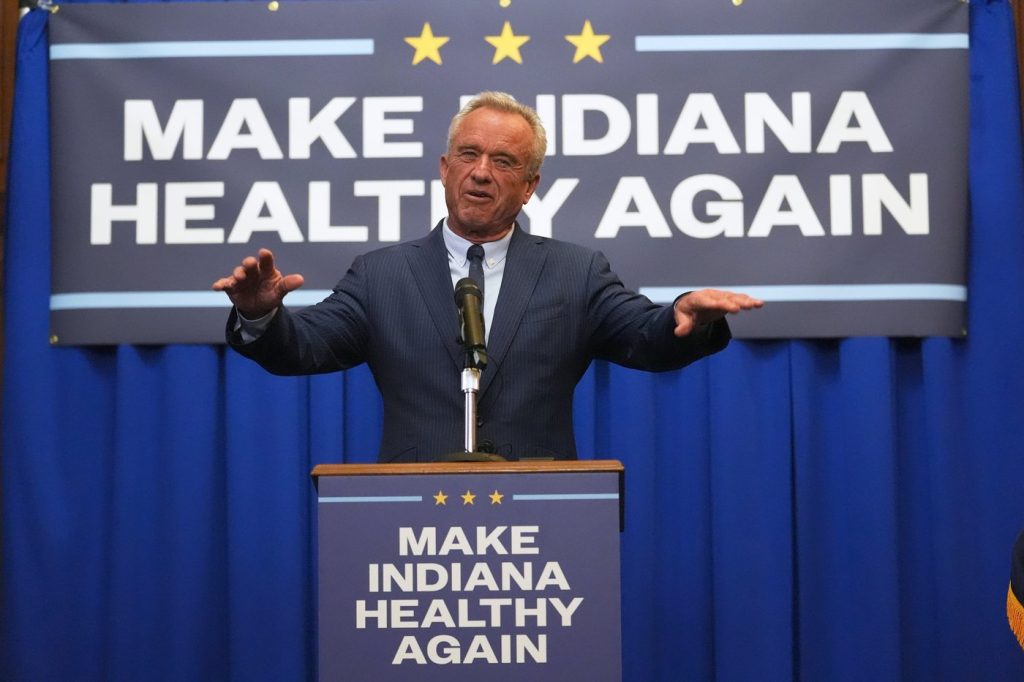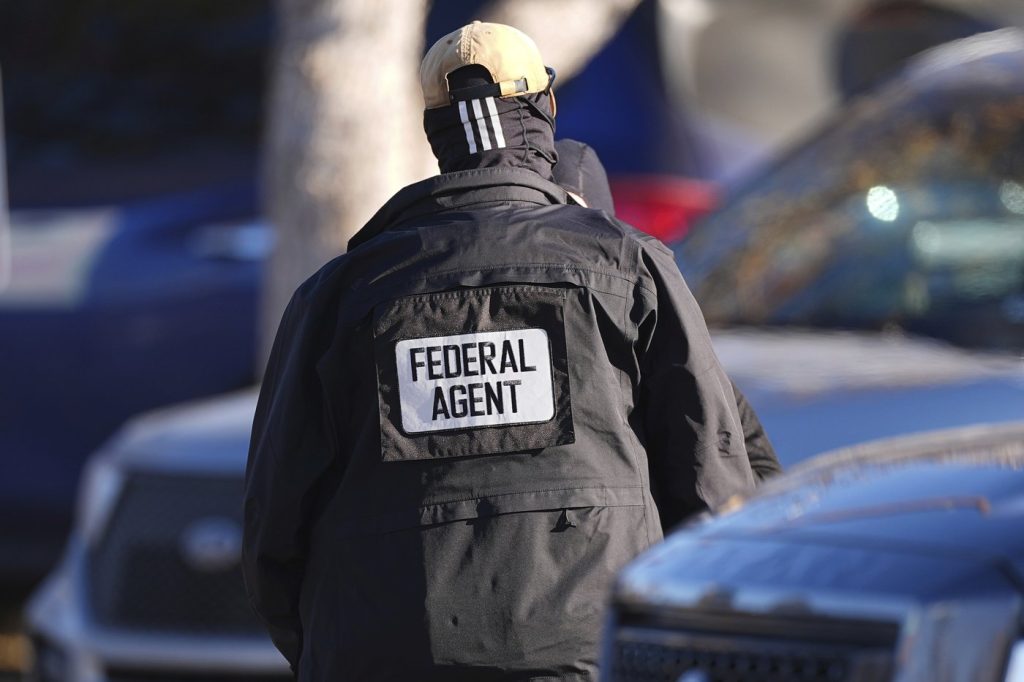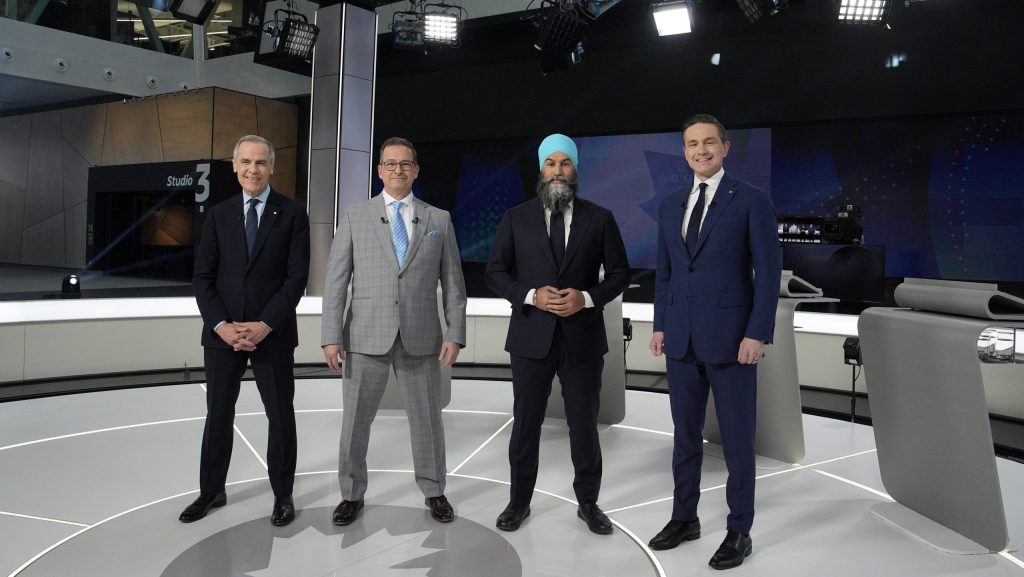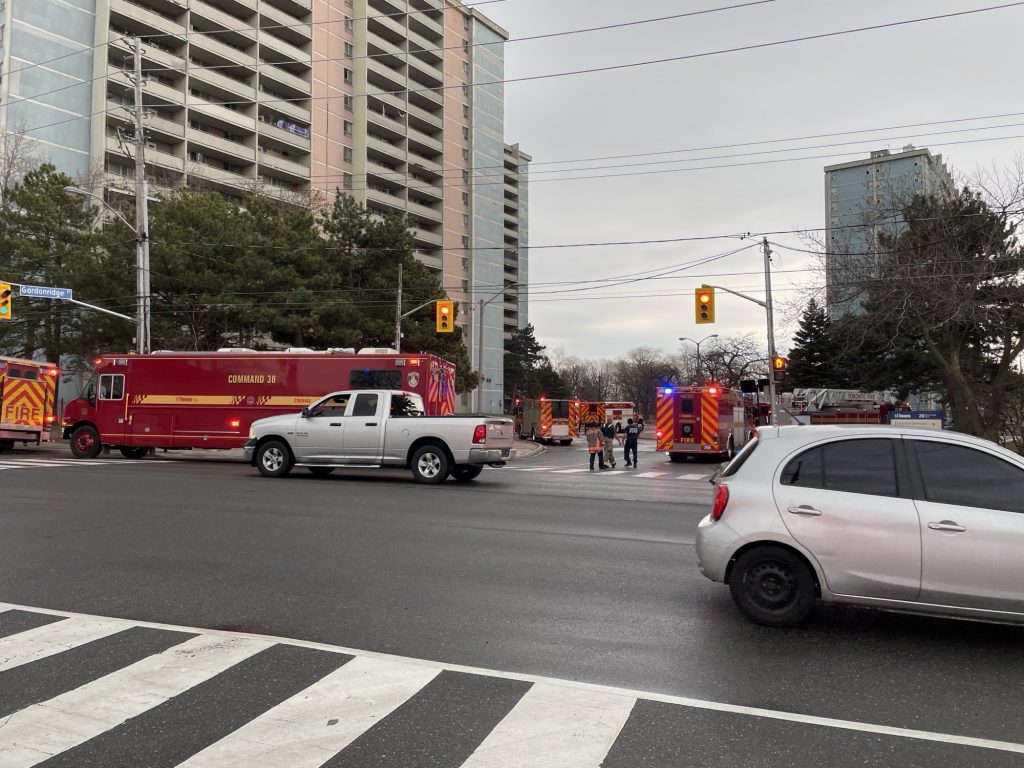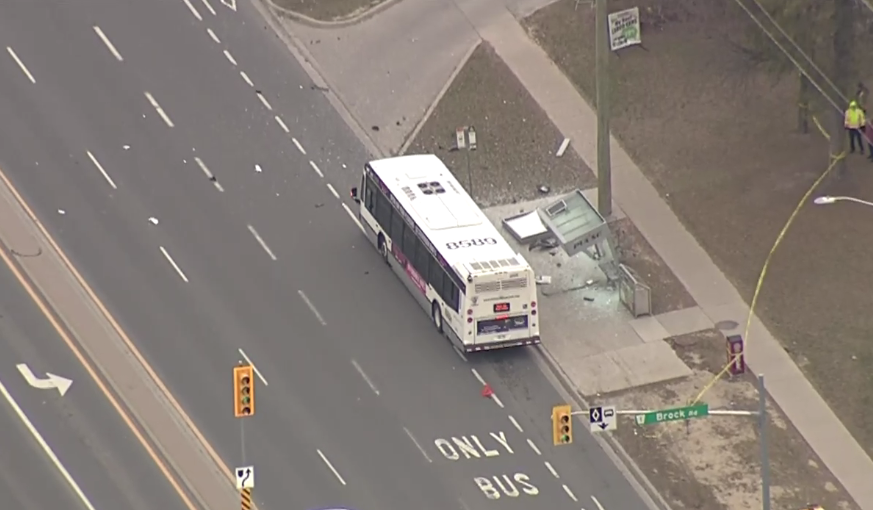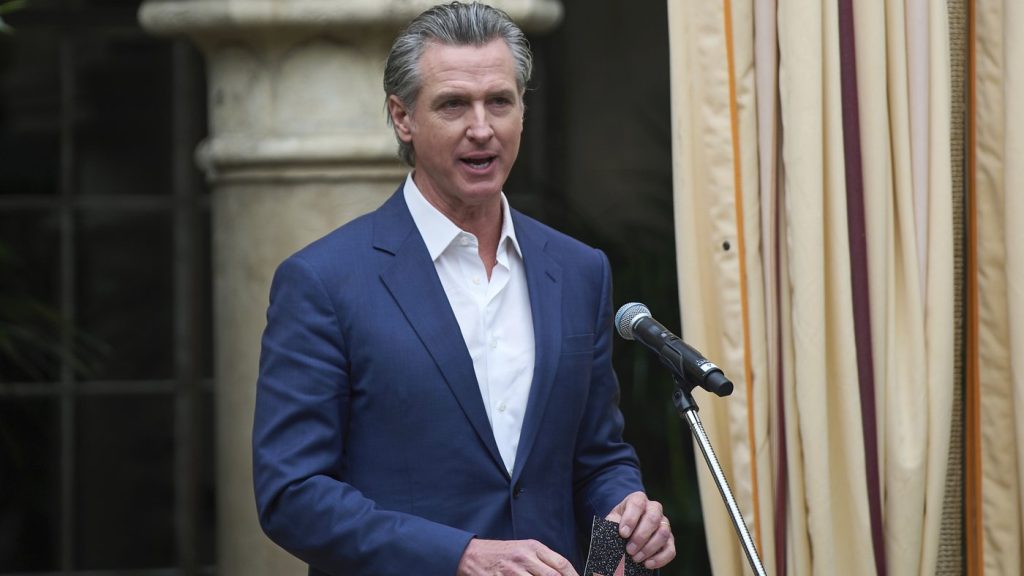As measles outbreaks emerged nationwide during the winter months, pediatricians anticipated the Centers for Disease Control and Prevention (CDC) would distribute a routine letter detailing measures to curb the spread of the illness. However, the CDC did not issue this correspondence until last week, when the number of cases surpassed 700 and a second child in Texas died from a measles infection. This delay reflects a series of missteps identified by over a dozen healthcare professionals in the Trump administration's handling of the outbreak.
Health Secretary Robert F. Kennedy Jr. has found himself at odds with established public health strategies necessary for controlling epidemics. Patricia Stinchfield, a nurse and infectious disease expert, emphasized the need for a unified voice from federal, state, and local authorities underscoring that vaccination remains the only effective means to prevent measles.
Kennedy's lack of regular briefings with CDC infectious disease experts has been highlighted by former communications director Kevin Griffis, who stated that he remained uninformed about the outbreak until late March. After a child’s death in February, Kennedy still had not received a briefing from CDC staff. Although the CDC had activated a response team in early February and sent in additional support, there seemed to be a lack of structured communication between federal and state officials.
Historically, during health crises, health secretaries have maintained regular in-person briefings with CDC staff, a practice absent during Kennedy's tenure. In contrast, he has only received updates through written reports or emails. This departure from established procedures is alarming to many in the public health community.
Furthermore, the American Academy of Pediatrics (AAP), a prominent body of pediatricians in the U.S., has reported being excluded from discussions with the CDC on the ongoing outbreak. Traditionally, these organizations engage in frequent briefings to disseminate pertinent information, but such communication appears to have faltered in this instance.
Kennedy has acknowledged the CDC's work in controlling the outbreak, suggesting it has performed well. However, experts have critiqued his inconsistent messaging about the measles, mumps, and rubella (MMR) vaccine, which he intermittently labels as "effective" while simultaneously expressing safety concerns about its use. This mixed messaging has exacerbated the outbreak, as clear communication regarding vaccine safety and efficacy is crucial during such public health emergencies.
Moreover, Texas Governor Greg Abbott has shown a lack of proactive leadership in addressing the outbreak. His limited public comments and absence from media engagements on the matter have raised concerns. In contrast, governors from other states have taken more decisive stances. For example, Nebraska's Governor Jim Pillen unequivocally urged citizens to vaccinate, correlating with no known cases in his state but acknowledging outbreaks in Kansas. Such messages from leaders are crucial for encouraging vaccination and combating misinformation.
As experts analyze the implications of federal and state responses to the ongoing measles outbreak, the consensus underscores the necessity for consistent, clear communication regarding vaccinations and public health measures. The current situation illustrates the impact political leadership and health messaging can have on public health initiatives to combat infectious diseases.


